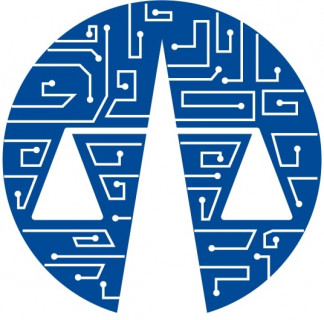The SHERPA project, a European Commission Horizon 2020 grant project will feature Amsterdam City as a part of our case study on Smart Cities. We are currently looking for other cities to be involved, but are very excited for this collaboration.
The SHERPA project will investigate, analyse and synthesise our understanding of the ways in which Smart Information Systems impact ethics and human rights issues. To learn more and get involved please visit our website.
SHERPA Smart Cities Case Study

What is the goal of the project?
SHERPA is a project that will investigate, analyse and synthesise our understanding of the ways in which Smart Information Systems impact ethics and human rights issues.
The project comes at a time when many organisations, e.g., the European Commission, the European Group on Ethics in Science and New Technologies (EGE), the UK House of Lords Select Committee on Artificial Intelligence and national data protection authorities, are actively deliberating about ethical and legal issues and trying to find answers to AI and big data concerns.
What is the result of the project?
To create better SIS policy that will hopefully create more ethically sound technologies in the future. The project is ongoing but you can check our website and Twitter for updates!
Who initiated the project and which organizations are involved?
SHERPA is co-ordinated by Professor Bernd Carsten Stahl, De Montfort University (UK). Its partners include Universiteit Twente (Netherlands), EUREC (European Network of Research Ethics Committees (Germany), University of Central Lancashire (Cyprus), Depoorter Dries (Belgium), Trilateral Research (UK), Stichting Nederlands Normalisatie (NEN) (Netherlands), Mutual Shoots Ltd (UK), Aequitas Ltd (Cyprus), European Business Summit (Belgium) and F-Secure OYJ (Finland).
What is the next step?
SHERPA’s work includes case studies, scenarios, artistic representations, stakeholder interviews, a large-scale online survey, a Delphi study, preparation of a workbook on responsible development of smart information systems, standardisation, dissemination, exploitation, advocacy and communication activities. Currently, we are looking to find other smart cities to partner with for the case study, and to reach out to a broader network of interested parties to get engaged in the project.
What can other cities learn from your project?
The goals of the project revolve around how to socially and ethically utilise Smart Cities technologies. Since the project is ongoing we are unsure of the potential success factors. This section will be updated once sufficient data has been collected.




